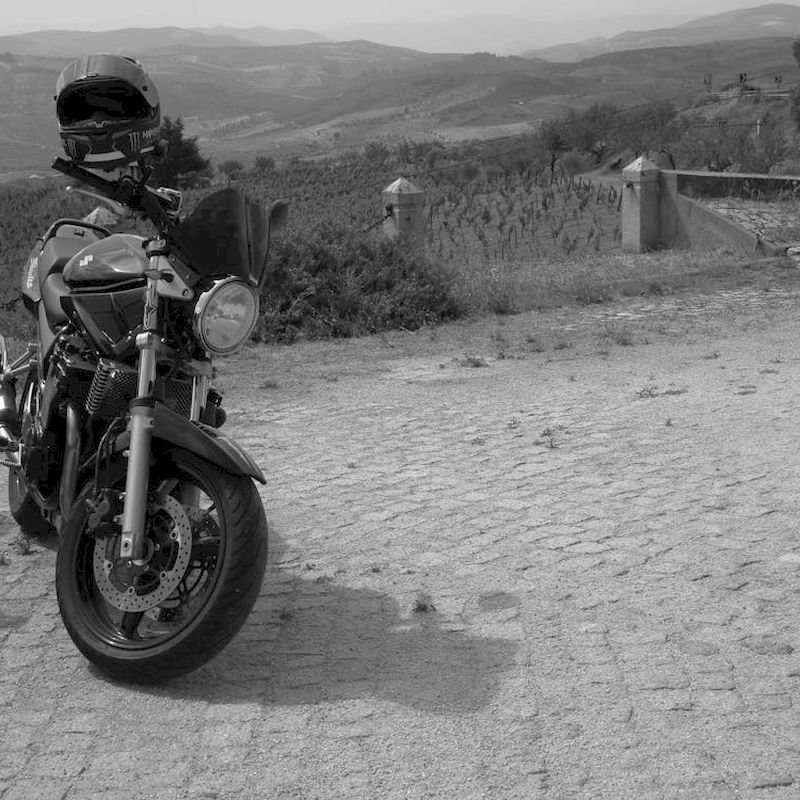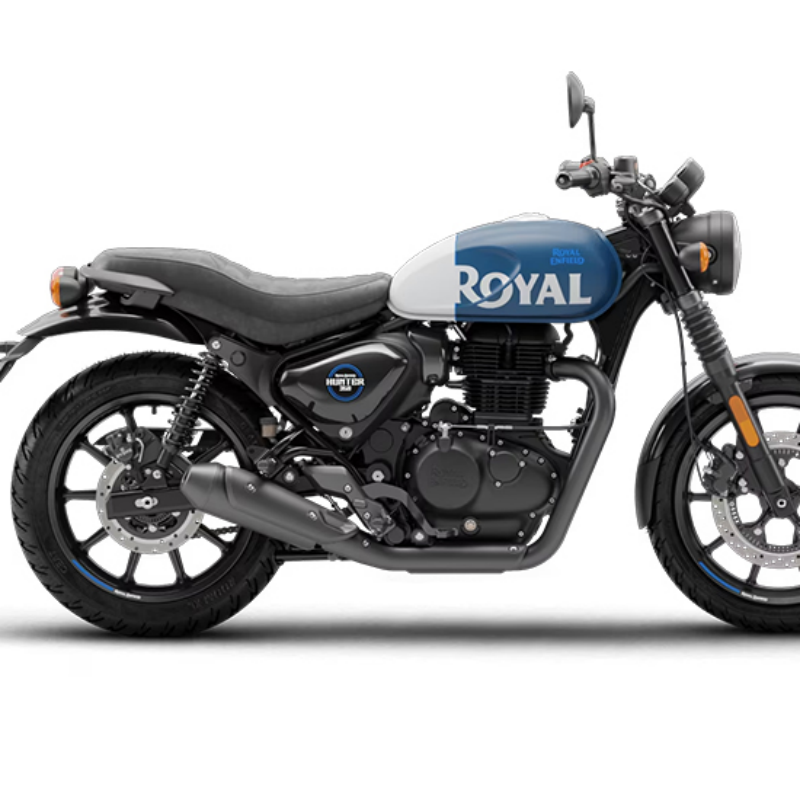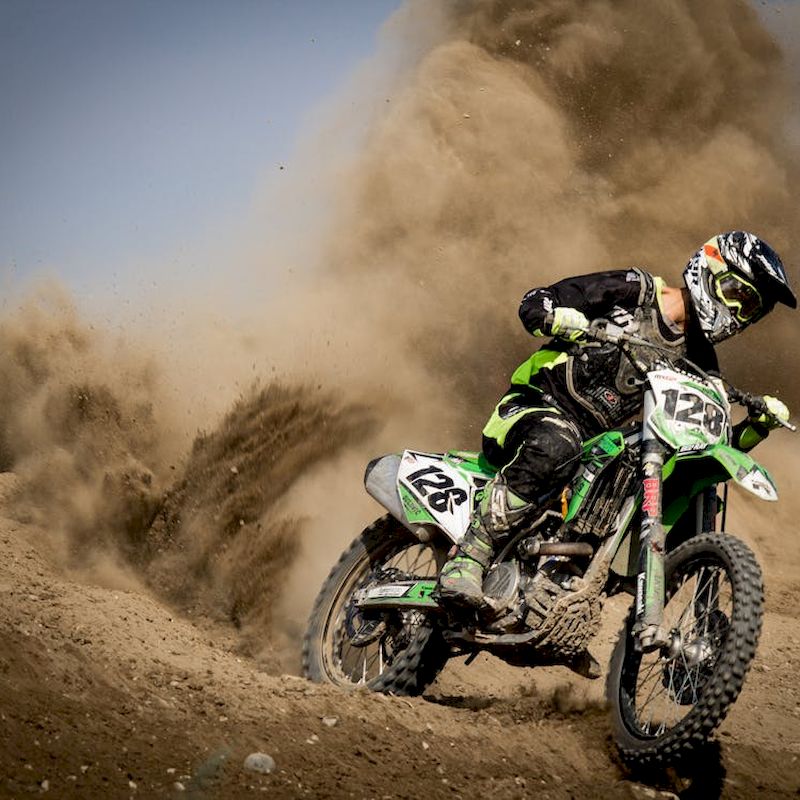Owning a motorcycle offers freedom and excitement, but it also comes with certain responsibilities, especially when it comes to security. Every year, thousands of motorcycles are stolen, leaving owners frustrated and often financially burdened. Understanding how to secure a motorcycle is crucial for protecting your investment and giving you peace of mind. This process goes beyond just locking the ignition; it involves a multi-layered approach to security that includes high-quality locks, effective parking practices, and awareness of your surroundings. In this comprehensive guide, we will provide an in-depth look at various methods and strategies that motorcycle owners can use to enhance their bike’s security. From choosing the right locks to understanding the best places to park, we will cover everything you need to know to keep your motorcycle safe from theft.
Understanding Motorcycle Theft
Before diving into the measures you can take to secure a motorcycle, it is essential to understand the landscape of motorcycle theft. Each year, various organizations release statistics that highlight which types of bikes are more likely to be stolen, where they are stolen from, and the methods criminals employ.
Common Targets for Theft
While any motorcycle can be stolen, certain models and brands are more frequently targeted. For instance, popular sport bikes and certain makes from high-end manufacturers tend to attract thieves due to their resale value and demand. Additionally, bikes that are parked in poorly lit or isolated areas are prime targets.
Typical Theft Methods
Understanding how thieves operate can help you secure a motorcycle more effectively. Common methods include:
- Cutting Locks: Bypass high-quality locks using bolt cutters or electric saws.
- Towing: Use a truck or trailer to tow a motorcycle away.
- Manipulation: Thieves may pick locks or hotwire motorcycles without visible damage.
- Disguising Theft: Crooks sometimes use clothing or vehicle wraps to give the appearance of being the bike’s owner.
By educating yourself about these methods, you can take proactive steps to prevent such situations.
Choosing the Right Security Tools
Securing a motorcycle starts with selecting appropriate security tools that fit your specific needs. There are numerous options available, but not all locks and devices are created equal. Here’s how to choose the right security tools for your bike.
Locks and Chains
Investing in sturdy locks and chains is a fundamental step in securing a motorcycle. Look for products that meet high security standards and resist cutting or manipulation.
- U-Locks and Disc Locks: U-locks provide a solid barrier against thieves, while disc locks can be inserted into the brake system, making it difficult for the motorcycle to roll.
- Chain Locks: High-quality chain locks can be used to secure the bike to a solid fixture. Choose chains made from hardened steel, as they are more resistant to tampering.
- Locking Cables: While less secure than chains or U-locks, cables can work well in conjunction with other methods to provide additional security.
Alarm Systems
Implementing alarm systems adds an extra layer of protection. When choosing an alarm for your motorcycle, consider the following features:
- Motion Sensors: Alerts you when the bike is moved or tampered with.
- Loud Sirens: Many thieves will back away from a bike with an audible alarm.
- Remote Controls: Convenience in arming and disarming the system.
GPS Tracking Systems
GPS trackers offer peace of mind by allowing you to monitor your motorcycle’s location. Some systems include features such as:
- Real-Time Monitoring: View your bike’s location at any time via an app.
- Geofencing: Set boundaries and receive notifications if your bike travels outside of them.
- Recovery Assistance: Many GPS systems provide support if your bike is reported stolen.
Best Practices for Securing Your Motorcycle
In addition to using quality locks and alarms, adopting best practices can significantly enhance the overall security of your motorcycle.
Park Smartly
Where you park your motorcycle plays a crucial role in its security. Here are some tips for smart parking:
- Choose Well-Lit Areas: Whenever possible, park your motorcycle in well-lit and populated spaces. Thieves are less likely to target bikes in well-trafficked areas.
- Use Designated Motorcycle Parking: Many cities provide designated motorcycle parking spots. Utilize these areas whenever available, as they are often better monitored.
- Avoid Isolated Areas: Stay away from secluded spaces, especially those that are difficult to see from merchants or foot traffic.
Secure Your Motorcycle When Parked
Follow these steps to secure a motorcycle after parking it:
- Lock Everything: Always engage your bike’s ignition lock and use additional locks for the wheels and frame.
- Chain to an Immovable Object: Secure the chain lock to a substantial fixture, such as a bike rack or pole, to prevent the motorcycle from being easily moved.
- Cover Your Bike: Use a cover designed for motorcycles. Not only does it protect against elements, but it can also help to deter thieves, as they might think something valuable is under the cover.
Awareness of Your Surroundings
Beyond physical security measures, being mindful of your environment and surroundings plays a critical role in preventing theft. Here are some practices to adopt:
Be Observant
Regularly check on your motorcycle while parked, especially if you’re in a large setting like a parking lot. If you notice any suspicious behavior, consider repositioning your bike or contacting security personnel.
Note Nearby Cameras
When parking your motorcycle, take note of any security cameras in the vicinity. If possible, position your bike in a viewable area. Thieves are less likely to attempt theft in areas monitored by surveillance systems.
Build Community Awareness
If you frequently park in the same location, develop relationships with local establishments or businesses. Inform them of your motorcycle’s presence, as they may offer tips on safe parking or keep an eye out for it, enhancing overall security.
Insurance Considerations
While knowing how to secure a motorcycle is vital, having robust motorcycle insurance is equally important. Insurance can help mitigate the loss associated with theft or damage. Here are critical components to consider when assessing your coverage:
Comprehensive Coverage
Comprehensive motorcycle insurance generally covers theft, vandalism, and other non-collision-related damages. Ensure your policy includes these protections and understand the claim process.
Inventory of Accessories
Document your motorcycle’s accessories and modifications. This will be helpful if you need to file a claim for theft. Take clear photos and store documentation in a safe place.
Consult with Your Agent
Regularly review your insurance policy with your agent to understand coverage terms. They can recommend additional protections or discounts available for anti-theft devices you plan to install.
Maintaining Your Security Tools
Regular maintenance of your security devices is vital for effective operation. Here are key aspects to keep in mind when maintaining your security tools:
Regularly Test Alarms
Check your alarms periodically to ensure they work correctly. Replace batteries as needed, and familiarize yourself with their arming and disarming features.
Inspect Locks and Chains
Examine your locks and chains regularly for any signs of wear or damage. Lubricate where necessary to maintain functionality and to prevent rusting.
Update Your GPS Software
If your motorcycle has a GPS tracking system, ensure to keep the software up-to-date. Manufacturers may release updates that enhance functionality or security.
Conclusion
Knowing how to secure a motorcycle is essential for every rider. By educating yourself on the right tools, best practices, and awareness techniques, you can significantly enhance the security of your motorcycle. No system is foolproof, but by employing multiple layers of protection—including high-quality locks, alarms, GPS tracking, and smart parking strategies—you raise the bar on security and deter potential thieves.
Additionally, understanding the dynamics of motorcycle theft and the environmental factors that play into it will empower you to take proactive steps in safeguarding your ride. Remember that your motorcycle is not just a mode of transportation; it represents freedom, adventure, and investment. Maintaining its safety should be a priority, not an afterthought.
As you embark on your riding journey, take pride in the knowledge that your motorcycle is well-protected, allowing you to enjoy every moment with peace of mind.